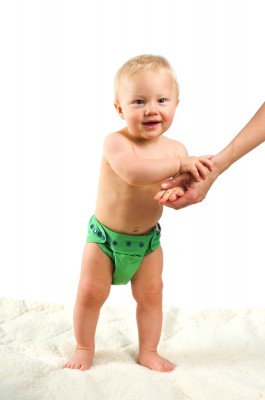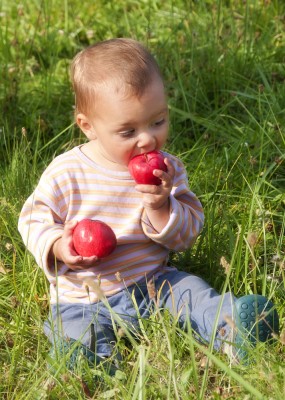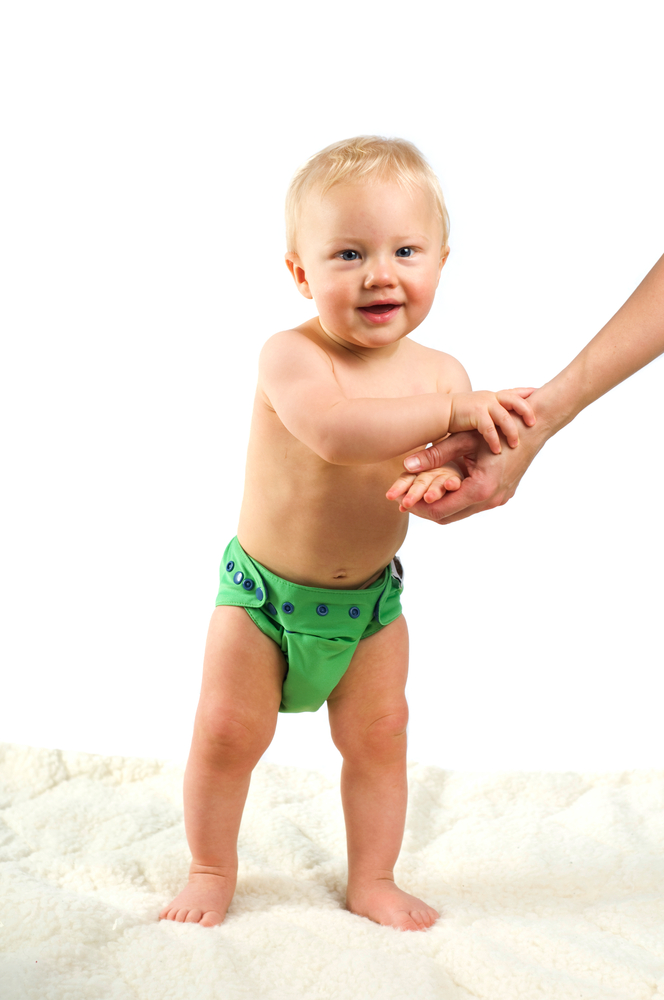Disclosure: This post may contain affiliate links, meaning we get a commission if you decide to make a purchase through our links, at no cost to you. Please read our disclosure for more info.

Welcoming a new baby into the world can be a daunting experience for the new parent, and if we’re being honest, it’s perfectly acceptable to freak out from time to time. The period of pregnancy is essentially the calm before the storm, where all decisions can be made calmly and confidently, from choosing the crib to the color of the nursery, to the selection of educational books and DVD’s that will be used from the instant of birth to nurture a young mind.
New parents might also look around and begin to regard their home as a death trap, with so many delightfully colored bottles of poisonous cleaners all within crawling distance, and if you were a baby, you might also wonder what happens when you put your fingers into an electrical socket. It’s really no wonder that baby proofing has become such a lucrative business. We also want to make the best choice when it comes to a baby’s clothing, and many retailers now offer organic options when it comes to outfitting the newest member of the family. But why is organic a good idea when it comes to baby and children’s clothing?
Synthetic Baby Clothing
There are many factors when it comes to buying baby clothing, and it’s slightly unsettling to see the fire risk factor label that’s attached to many items of baby wear, no matter how important this is. Given that the average new baby is a mess factory, many parents will choose synthetic garments for their durability and the fact that most baby messes can be simply wiped off.
Cotton Baby Clothing

No matter whether it’s clothing for babies, children or adults, synthetic garments are tougher on the skin, and of course a new baby’s skin is far more sensitive than an adults- they simply haven’t developed the natural protections that come in later life. Even buying baby clothes that have been made from cotton isn’t necessarily the best bet, since the cultivation methods of these cotton crops isn’t really what many of us would consider natural.
The Downside of Cotton Clothing
Traditional methods of cotton production use a huge proportion of the world’s annual pesticide and insecticide usage, as well as a huge amount of chemical fertiliser. Organic cotton simply doesn’t use these harmful compounds, which is far kinder to the environment, since poisoning from these chemicals kills millions of animals each year, as well as poisoning tens of thousands of humans each year. While the environmental benefit of selecting organic clothing quickly becomes obvious, what about the impact on your baby or child?
Organic Clothing for Babies and Children
The vast majority of toxic chemicals are removed from cotton during the process in which a cotton crop becomes usable fabric, and yet trace elements can still remain and be absorbed into the skin. As previously mentioned, a baby’s skin is far more sensitive than an adults, which is why we need to buy shampoos and cleaning products specifically produced for young skin.
The same principal applies when it comes to organic clothing– you want to minimize the risk of anything harmful or even potentially toxic coming into contact with your baby.
The organic choice isn’t just for baby clothing, and organic cotton t-shirts for children are also a great choice; and even adults might want to go down this clothing road, since adults are the ones who lead by example when it comes to environmental responsibility. You can rest easy once you’re sure that the clothing your baby is wearing is best for your bundle of joy as well as being best for the environment. Now you just have to move those brightly colored bottles of detergent to a higher shelf…

